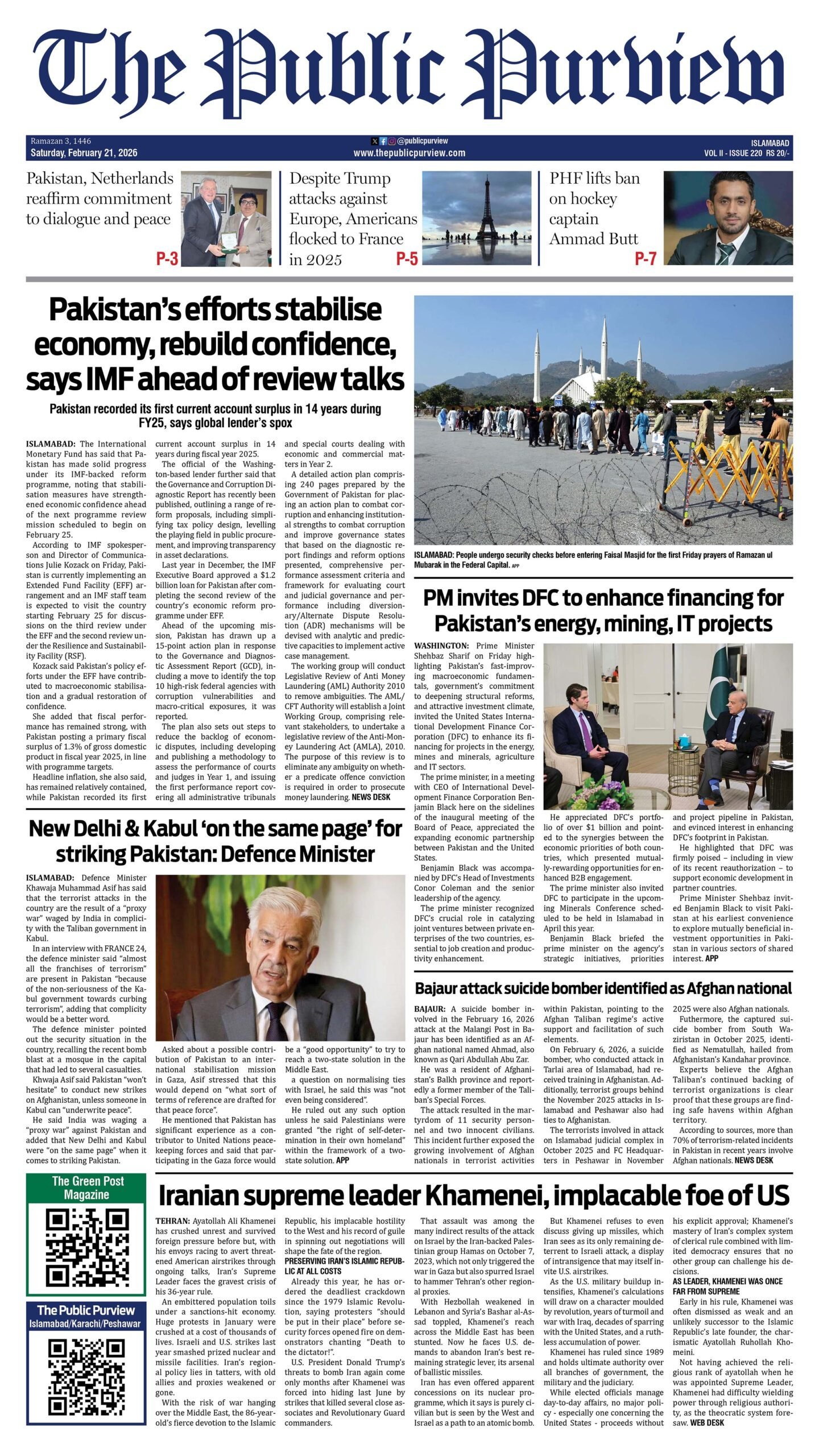ISLAMABAD:
Pakistan and China have launched a new Pakistan-China space cooperation initiative in space science, astronaut training, and the establishment of a Pakistan Space Center.
The agreement is part of the “Action Plan (2025–2029) to Foster an Even Closer China-Pakistan Community with a Shared Future in the New Era,” adopted between Pakistan and China in Beijing.
According to a brief of the plan available with Wealth Pakistan, the two countries will continue implementing the 2021–2030 Space Cooperation Outline Program. This program was signed between the China National Space Administration and Pakistan’s Space and Upper Atmosphere Research Commission.
Both sides reaffirmed their commitment to joint work on lunar and deep space exploration. This includes multilevel assessments of the International Lunar Research Station and enhanced collaboration in advanced space technologies.
The action plan also provides for the joint selection and training of astronauts. This step could pave the way for Pakistan’s eventual participation in human spaceflight missions with China.
A key element of the plan is ongoing discussion on the establishment of the Pakistan Space Center. It will serve as a hub for research, development, and application of space technologies for economic and social development.
The two countries also agreed to strengthen cooperation on using the international version of the China Platform of Earth Observation System. This will enable Pakistan to access advanced remote sensing and satellite technologies. These technologies will support agriculture, disaster prevention, water management, climate monitoring, and urban planning.
The action plan emphasizes that deploying space technologies is central to promoting economic modernization and social development in Pakistan. It will also deepen the bilateral all-weather strategic cooperative partnership.
China and Pakistan noted that their long-standing cooperation in space science and technology is mutually beneficial and of strategic significance. It reflects their resolve to expand collaboration in frontier domains alongside traditional areas such as trade, infrastructure, and defense.







 Today's E-Paper
Today's E-Paper